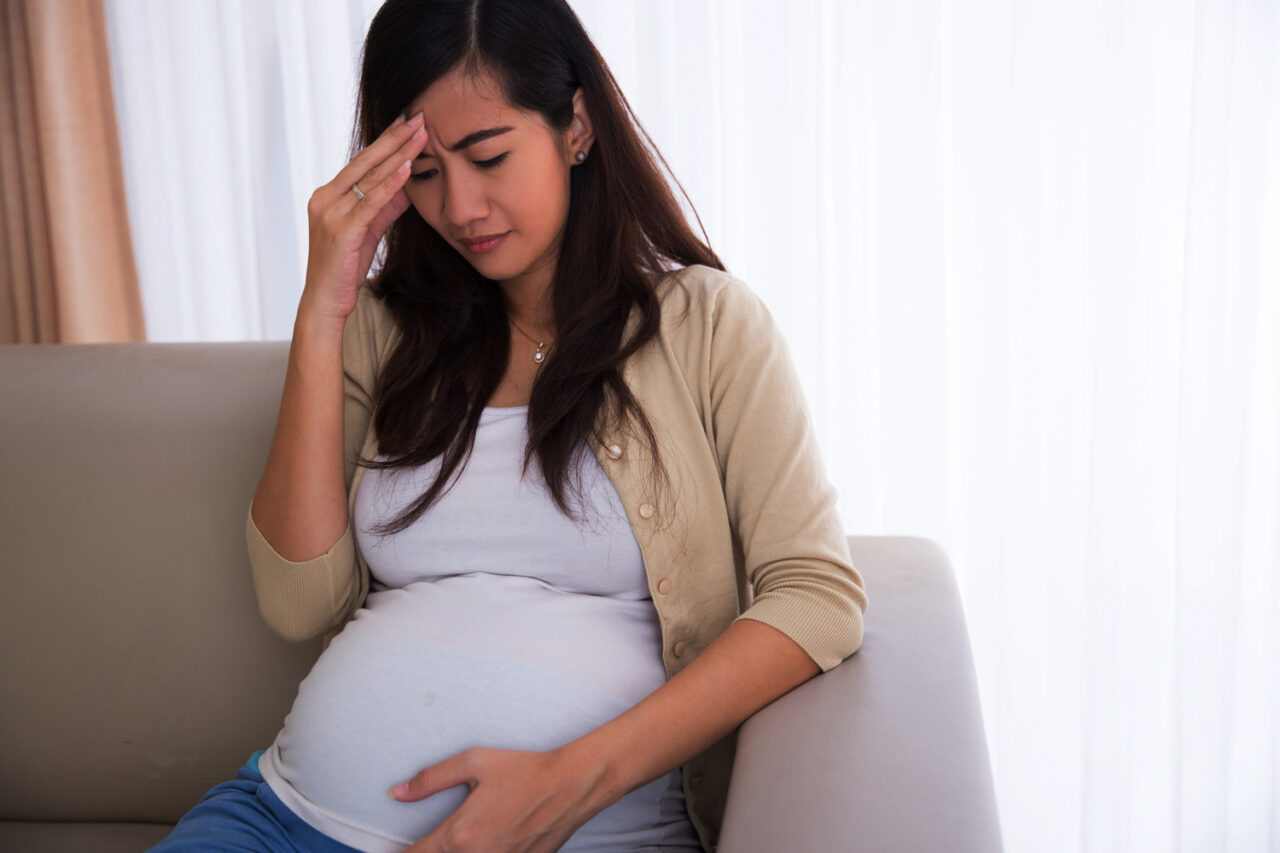It is of course a myth that a woman has to double her intake of food during pregnancy because she is eating for two people instead of one; the reality is that expectant mother has to focus more on the ‘quality’ of food (nutrition-wise) rather than the quantity.
The value of well-balanced diet and good nutrition during pregnancy
We all understand the value of a good start in any aspect of life and good nutrition is certainly one of those things that a mother can help with.
A healthy, nutritious diet aids the healthy development of the foetus, while also providing both the mother and the child with greater immunity to fight diseases. Do remember that it is normal for the body to demand some extra calories, but as already stated, the need really is for far more nutrients than more calories. The source of the calories are as important, if not more, than the calories themselves!
Give your baby a strong foundation with smart choices of nutrient-dense foods.
The essential nutrients during pregnancy for a well-balanced diet
According to various sources that have covered the topic of pregnancy diet and nutrition, it seems that over 40 different types of nutrients are needed to sustain good health and promote foetal growth and development. These include both macronutrients such as carbohydrate, protein and fat and micronutrients such as vitamins and minerals.
In terms of calorie requirements for pregnant women, the website Medline Plus suggests the following:
- About 1,800 calories per day during first trimester
- About 2,200 calories per day during the second trimester
- About 2,400 calories per day during the third trimester
(These are indicative guidelines; we strongly recommend discussing with your doctor and/or pregnancy diet specialist to understand your personal dietary requirements. The above guidelines will also vary for underweight women or those experiencing multiple pregnancies such as twins.)
Listed below are some of the essential nutrients during pregnancy, why they are important and where you can commonly find them.
Folate (Folic Acid): Folic acid is essential for a healthy pregnancy. It helps prevent conditions such as spina bifida and other neural tube defects (NTDs) – problems that can affect the baby’s spine. Folic acid is particularly important in the first 12 weeks of a pregnancy, and it may be beneficial for a woman to get this into the diet right when she starts planning her pregnancy. The common sources of folic acid are dark green leafy vegetables, citrus fruit and juices, lentils, fortified foods.
Iron & vitamin C: Iron is important to help formation of red blood cells and prevention of anaemia in pregnant mothers. On the other hand, vitamin C helps your body use the iron from food.
You can get these from red meat, chicken , fish , eggs, fortified cereals, green vegetables, legumes, nuts , beanc urd and whole grain cereals, iron-fortified cereals and oatmeal, beans (soybeans, kidney beans, black-eyed peas, etc.), lentils, spinach, raw tofu, greens (chard, collard, kale, spinach, etc.), raisins, molasses.
Vitamin C: Besides increasing the body’s ability to absorb iron, Vitamin C is needed for wound healing and for your baby’s collagen formation in bones, muscles and blood vessels.
Do note that cooking reduces folic acid and vitamin C. Avoid storing fruits and vegetables for long periods of time. Prolonged exposure of the food to air also results in a loss of the vitamin C. As it is a water-soluble vitamin, cook only in small quantities of water and for as short a duration as possible.
Great sources of vitamin C include oranges, guavas, kiwi and Lemons as well as vegetables like broccoli, cauliflower, cabbage, brussels sprouts, pepper, green leafy vegetables, and tomatoes.
More on essential nutrients during pregnancy
The topic of pregnancy diet is vast and we will cover some of the other essential nutrients for a well-balanced pregnancy diet will be covered in a subsequent article.
A lot of factors including one’s personal dietary habits as well as culture will certainly have a bearing on the diet that works well for you while also taking care of the nutritional requirements of both mother and baby. Therefore, we strongly recommend seeking professional advice from a dietitian/ nutritionist who has expertise in pregnancy diets while also being aware of and sensitive to one’s dietary preferences.



